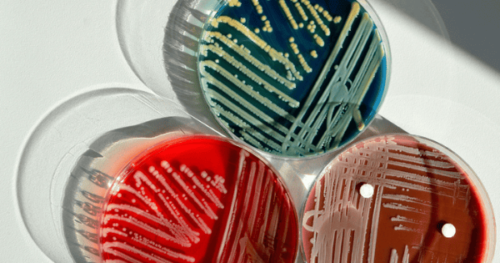In the realm of healthcare, maintaining a sterile and bacteria-free environment is crucial for patient safety and well-being. One key component in achieving this goal is the use of bacterial filters. These filters play a pivotal role in preventing the spread of harmful bacteria and microorganisms in various medical devices and equipment.
Bacterial filters are commonly employed in respiratory devices such as ventilators and anesthesia machines. These filters act as barriers, trapping bacteria and preventing them from entering the patient’s airways. This not only protects the patient from potential infections but also ensures the longevity and efficiency of the medical equipment.
In addition to respiratory devices, bacterial filters find application in intravenous (IV) therapy. IV lines and catheters are susceptible to bacterial contamination, which can lead to serious infections. By integrating bacterial filters into the IV system, healthcare providers can significantly reduce the risk of bacterial infiltration, safeguarding patients from potentially life-threatening complications.
As technology advances, so does the design and efficiency of bacterial filters. Modern filters not only provide an effective barrier against bacteria but also allow for optimal airflow, minimizing resistance and enhancing overall device performance. The ongoing research and development in this field aim to further improve the filtration capabilities, making bacterial filters an indispensable tool in maintaining aseptic conditions in healthcare settings.
For more information, visit GVS Malaysia Website.



